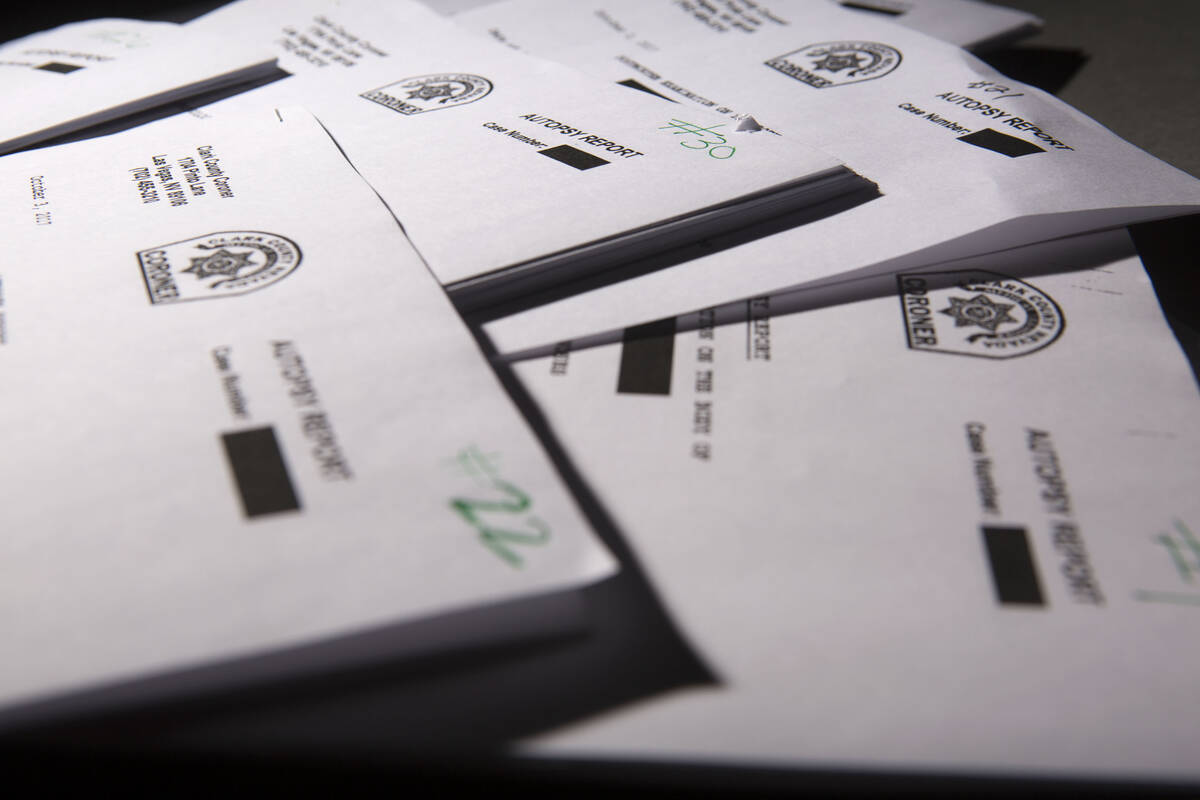Nevada’s state and local government agencies have a well-documented history of trying to hide public records from the taxpayers they are paid to serve. But the problem isn’t confined to the Silver State.
The National Conference of State Legislatures estimates that about a quarter of states have created mediators to handle disputes regarding citizen access to government documents. The intermediary typically assesses disputed record requests and determines whether the documents should be made available under state law, potentially moving the process forward and circumventing bureaucratic efforts to obstruct or slow the process.
In that spirit, the Assembly Committee on Government Affairs has proposed Assembly Bill 128, which would empower the governor to appoint an ombudsman that citizens, watchdogs and media organizations could turn to before going to court if a government agency rebuffs efforts to see public documents. Both the public agency and the records requester could still decide to pursue the matter legally if they disagree with the ombudsman’s conclusion.
“If nothing else,” UNLV professor Stephen Bates told the Review-Journal, the bill is “a statement of seriousness on the part of the state government, where they’re saying that transparency isn’t just a sort of vague buzzword. It’s an actual obligation.”
Mr. Bates may be a tad optimistic, but the proposal is well-intentioned and worth considering. Too often, bureaucrats and their employers discourage requests by denying records and forcing citizens into a potentially expensive legal ordeal. An ombudsman would at least offer a preliminary determination before forcing someone to turn to an attorney or to bankroll their own costly effort to contest a denial.
But there are downsides. Will the ombudsman have an appreciation for the value of open government in a healthy democratic republic? Will agencies — fighting requests with money extracted by the very same taxpayers they are trying to keep in the dark — be any less likely to avoid court if they get a determination they don’t like? How much pressure will a mediator feel to bend to the will of the government?
“That’s why independence is critical to make this work,” David Cullier, director of the University of Florida’s Freedom of Information Project, told the Review-Journal. “If it’s in the governor’s office or the AG’s office, it’s a waste of money.”
AB128 may be a worthwhile effort to ensure the light shines on Nevada’s public agencies. That depends on the bill’s final language. But a far more preferable approach would be for officials to follow existing law and for lawmakers to strengthen Nevada’s open records requirements to ensure that government workers and agencies face consequences for willfully ignoring the clear language and intent of the statute.

